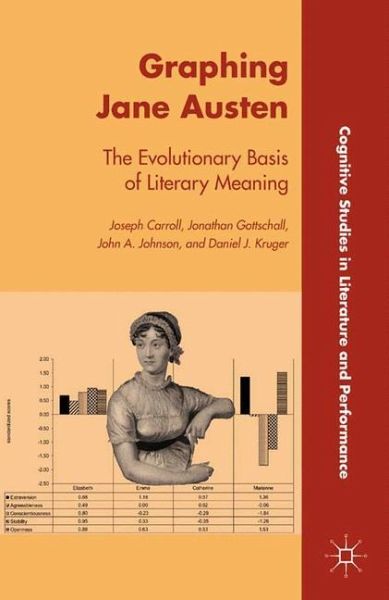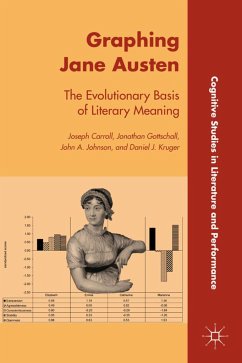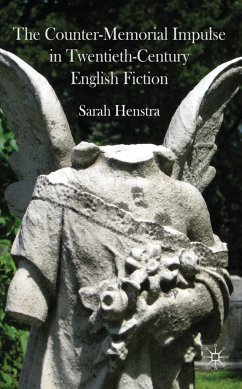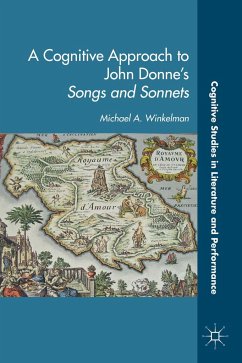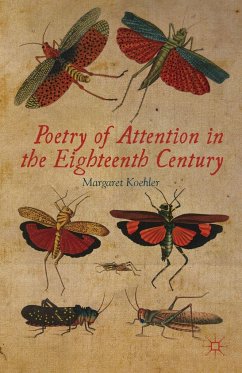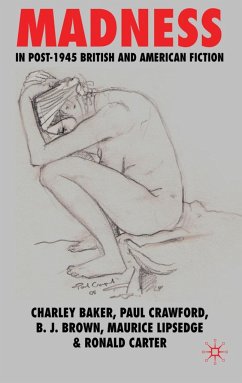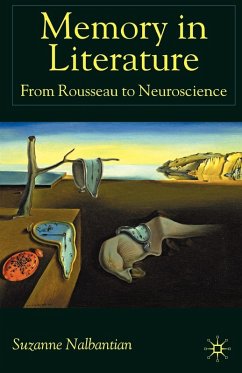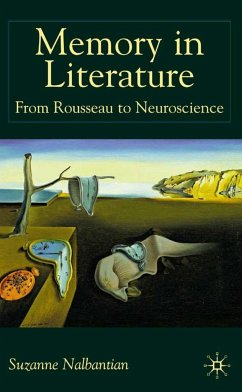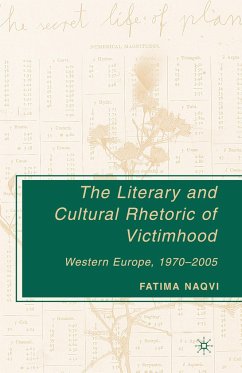"Graphing Jane Austen shines a spotlight that not only would make C. P. Snow proud but also helps better understand our culture's relationship with constructs like personality, gender, and introversion." - Brainpickings
"In merging literary and evolutionary approaches, this book is certain to bring delight to an evolutionary audience and a combination of interest and consternation to the literary contingent. This is wholly appropriate for a fascinating pioneering work." - Christopher Boehm, Director, The Goodall Research Center, University of Southern California
"[The authors] bring three vital ingredients to this study of nineteenth-century English novels: a love of the novels, a modern understanding of human evolutionary
biology, and facility with modern methods of data analysis. The result is a stunning synthesis; many dream of some reconciliation between the sciences and the humanities. [This book] has actually stepped in and started us down that road." - Henry Harpending, professor of Anthropology, University of Utah
'Once every century or so, a paradigm shift erupts in how we perceive literature. Graphing Jane Austen is this century's revolution. It is a masterpiece of creative, synthesizing science that lays the groundwork for an entirely new way of looking at and understanding literature. - Barbara Oakley, Professor of Engineering, Oakland University and author of Cold-Blooded Kindness and Evil Genes
'This is a strikingly original book, full of surprising insights into human nature and the way novels work.' R. Headlam-Wells, Professor Emeritus, Roehampton University London
